Flood experts warned Brechin’s £16 million flood scheme protection level had HALVED two years before Storm Babet brought carnage to the town.
Consultants said the then six-year old flood wall could only withstand a one-in-100-year storm.
And in 2022, Angus Council told a developer it had “no plans” to beef up defences despite an offer to pay for extra protection upstream of the River Street disaster zone.
It’s led to a claim the council “crossed its fingers” before disaster struck in October last year.
The authority said protection levels were expected to fall as a result of factors including global warming.
And the 2021 document did not recommend any improvements which would have coped with the “unprecedented” situation of Storm Babet.
Reports compiled as part of the Brechin recovery programme say the flood scheme’s protection capability has now fallen to one-in-50-years.
Businessman’s FOI request
The detail of the 2021 report emerged through Freedom of Information responses to town businessman Kevin Mackie.
Mr Mackie owns industrial land in Brechin’s East Mill Road.
It includes the Matrix International factory which was left under four feet of water by Storm Babet.
In January, company bosses said manufacturing there would cease and the site would become an assembly facility.
But the businessman and local architect Jack Souttar had also been developing plans for housing there as far back as 2019.
They engaged specialists JBA Consulting to complete an independent flood risk report.
In 2021, the same firm compiled a dossier for the council which suggested the original one-in-200-year protection level had fallen by half.
Mr Mackie said: “The consultants’ report said the flood scheme did not extend far enough north.
“A suggestion was extra bunding up river around The Inch at the north end of the old leisure centre.
“We believe that could have been delivered for around £50,000, and offered to pay for it.
But in 2022, council chiefs told Mr Mackie they had “no plans to carry out any works which would increase the level of protection above the design standard of the scheme”
“Then the storm came and Brechin is devastated,” he said.
Mr Souttar said: “The council response to the 2021 report effectively seems to have been ‘we’ll keep our fingers crossed’.”
No email correspondence around JBA report
Mr Mackie also learned there was no email trail between the council, Sepa and the consultants in the wake of the 2021 report.
He sought correspondence relating to the 2021 JBA report and potential funding from Angus Council budgets, or applications to outside agencies, for improvements to the flood scheme.
The council told him: “After extensive searches, Angus Council has found no information relating to the above queries.
“There is a one-year retention policy on Angus Council email accounts.
“Any email correspondence that has not been saved to files prior to this has been deleted as per policy.”
The council also told him it held “no correspondence” regarding flood risk in relation to the possible sale of the leisure centre.
“I was astonished to be told emails are deleted after a year,” said Mr Mackie.
“Even after Angus Council received the updated consultants reports in 2021 which clearly stated works required to be done, none were planned.
“By then 10 years had passed since the original scheme was signed off and significant changes had happened with global warming, all of which was highlighted in the 2021 report.”
2021 report never considered by councillors
The council said the 2021 report was commissioned to assess the flood scheme’s protection level.
“JBA Consulting was commissioned to survey the completed Brechin flood defences in 2021 and update the hydraulic model to assess the existing standard of protection,” said a spokesperson.
“The study found the scheme remained in good condition and continued to protect against river flow levels as originally designed.”
But the consultants’ report never went before any formal council committee.
The spokesperson added: “It did not recommend any adaptations to the defences that would materially have changed the standard of protection, or prevented the flooding recently experienced in the River Street area of Brechin as a result of the unprecedented weather conditions delivered by Storm Babet.
“Due to impacts of climate change, the 2021 study did assess that the scheme then provided a one-in-100-year level of protection.
“It must be recognised that this type of revision is not unique to the flood protection infrastructure at River Street.
“Globally, the standards of protection offered by such schemes will decrease over time due to natural variability in river flows and the accelerating impacts of climate change.”
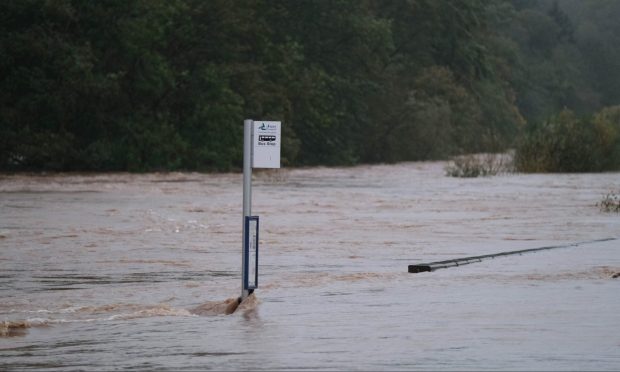

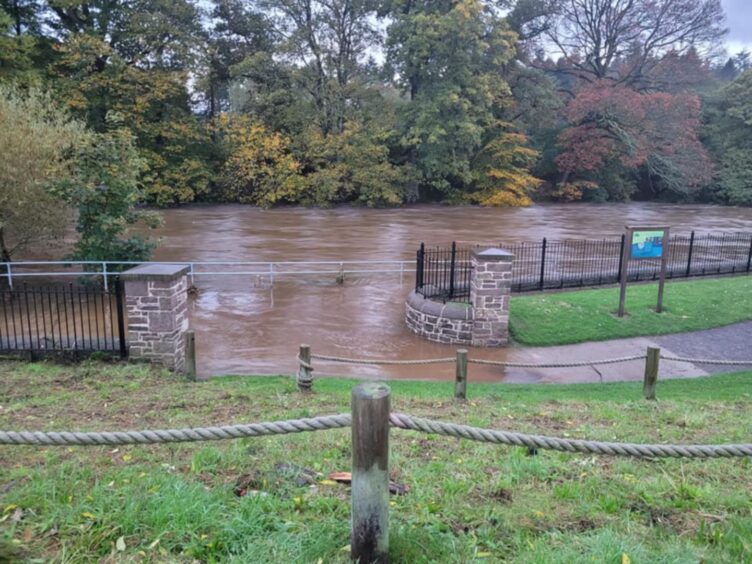
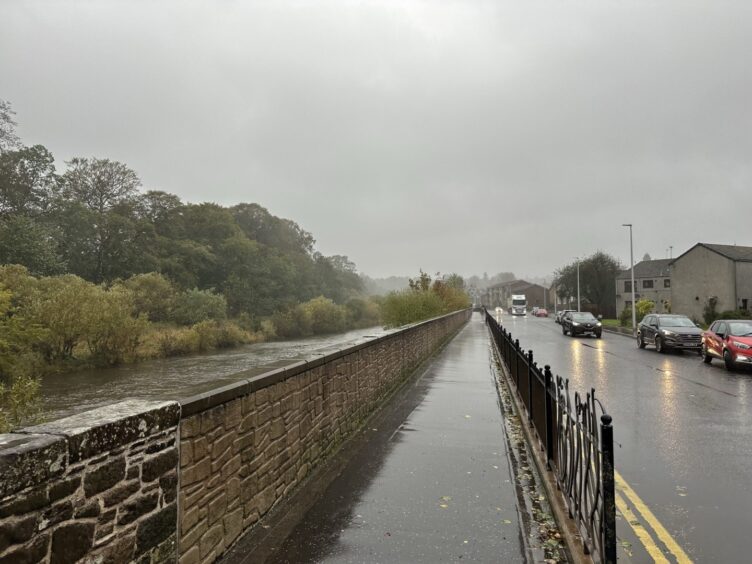



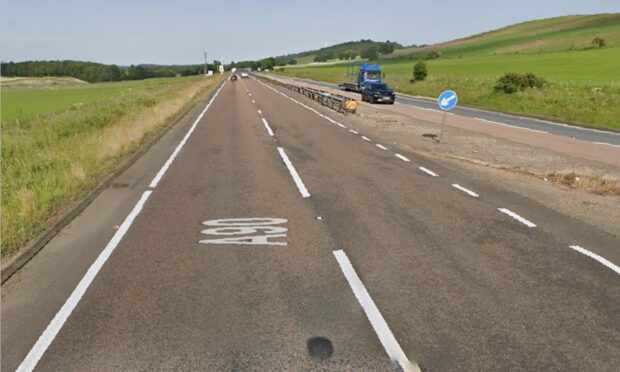

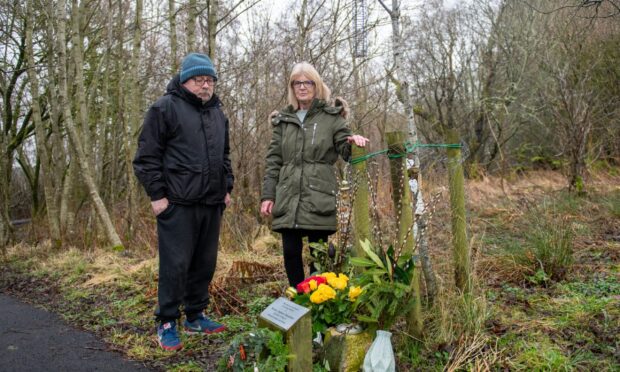
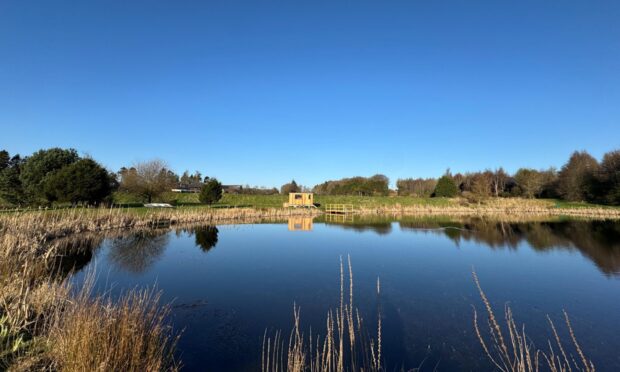



Conversation